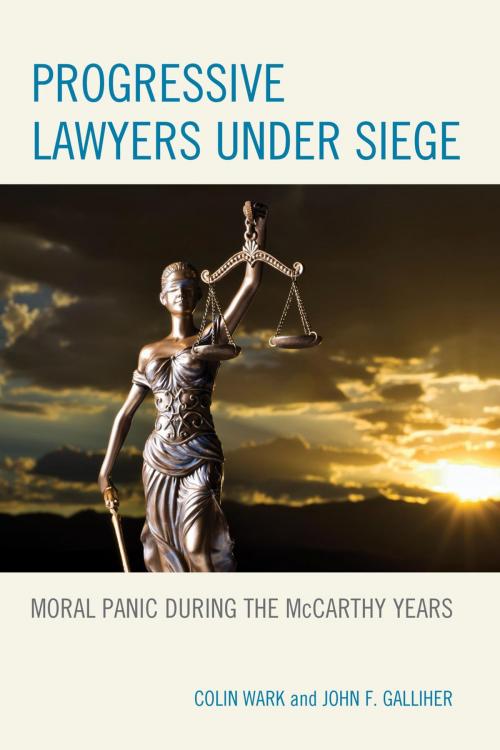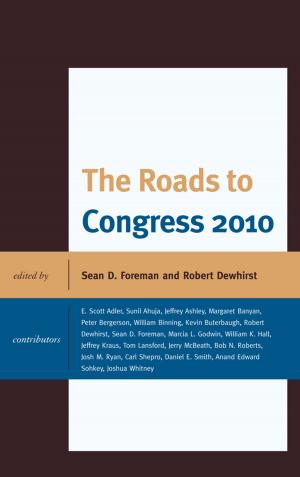Progressive Lawyers under Siege
Moral Panic during the McCarthy Years
Nonfiction, Reference & Language, Law, Labour & Employment, History, Americas, United States, 20th Century, Social & Cultural Studies, Political Science, Government| Author: | Colin Wark, John F. Galliher | ISBN: | 9780739195611 |
| Publisher: | Lexington Books | Publication: | April 23, 2015 |
| Imprint: | Lexington Books | Language: | English |
| Author: | Colin Wark, John F. Galliher |
| ISBN: | 9780739195611 |
| Publisher: | Lexington Books |
| Publication: | April 23, 2015 |
| Imprint: | Lexington Books |
| Language: | English |
This is a study of a progressive law firm and its three partners. The firm was founded in 1936 and existed until the death of one partner in 1965. The partners were harassed by the FBI primarily for defending labor union members and leaders and the defense of both. The firm’s primary client was Harry Bridges, the long term President on the International Longshoreman’s and Warehouseman’s Union (ILWU). The irony was that the more the FBI persecuted labor unions, the more business the firm had from those harassed by the FBI. During this time the FBI was primarily interested in controlling the Communist Party. While the clients of the firm were sometimes Communists, the law partners were not Communist Party members. In both of these ways the FBI was wasting its time in persecuting this firm. Although the primary data used involved existing records (for example all of the partners had extensive FBI files), we also interviewed colleagues and relatives of the partners.
This is a study of a progressive law firm and its three partners. The firm was founded in 1936 and existed until the death of one partner in 1965. The partners were harassed by the FBI primarily for defending labor union members and leaders and the defense of both. The firm’s primary client was Harry Bridges, the long term President on the International Longshoreman’s and Warehouseman’s Union (ILWU). The irony was that the more the FBI persecuted labor unions, the more business the firm had from those harassed by the FBI. During this time the FBI was primarily interested in controlling the Communist Party. While the clients of the firm were sometimes Communists, the law partners were not Communist Party members. In both of these ways the FBI was wasting its time in persecuting this firm. Although the primary data used involved existing records (for example all of the partners had extensive FBI files), we also interviewed colleagues and relatives of the partners.















